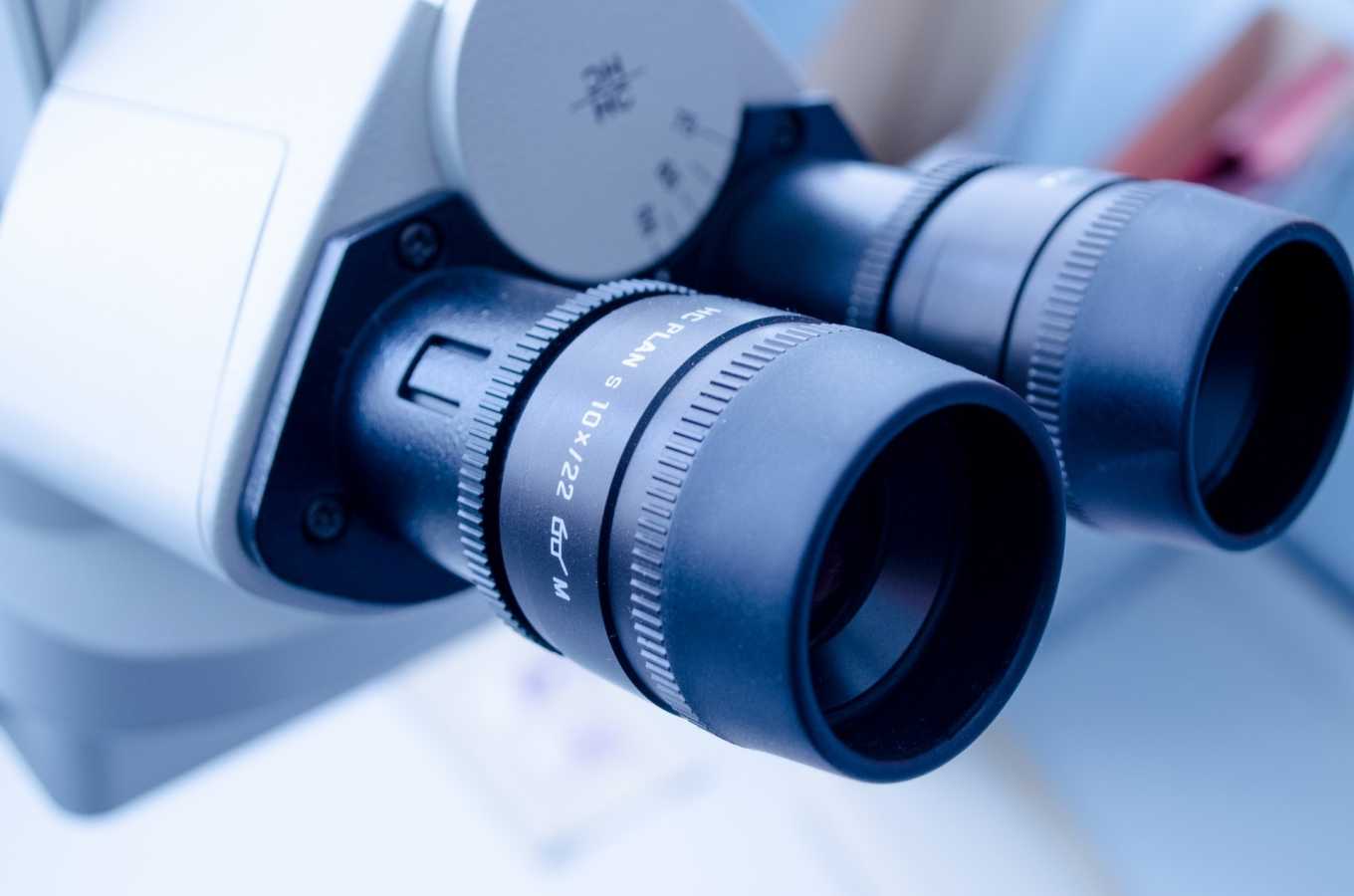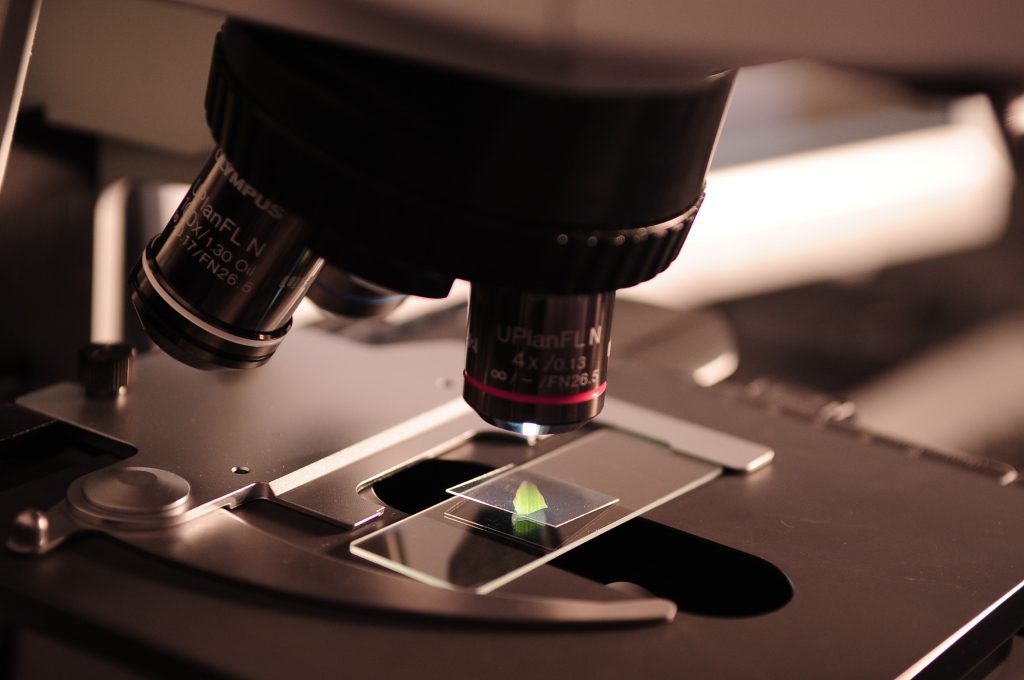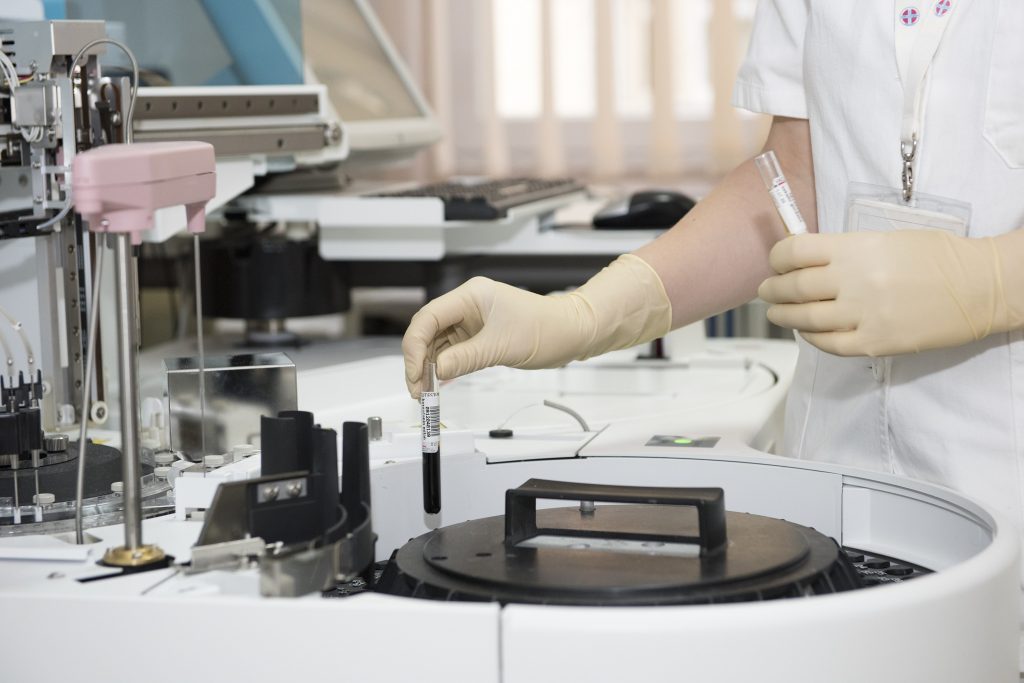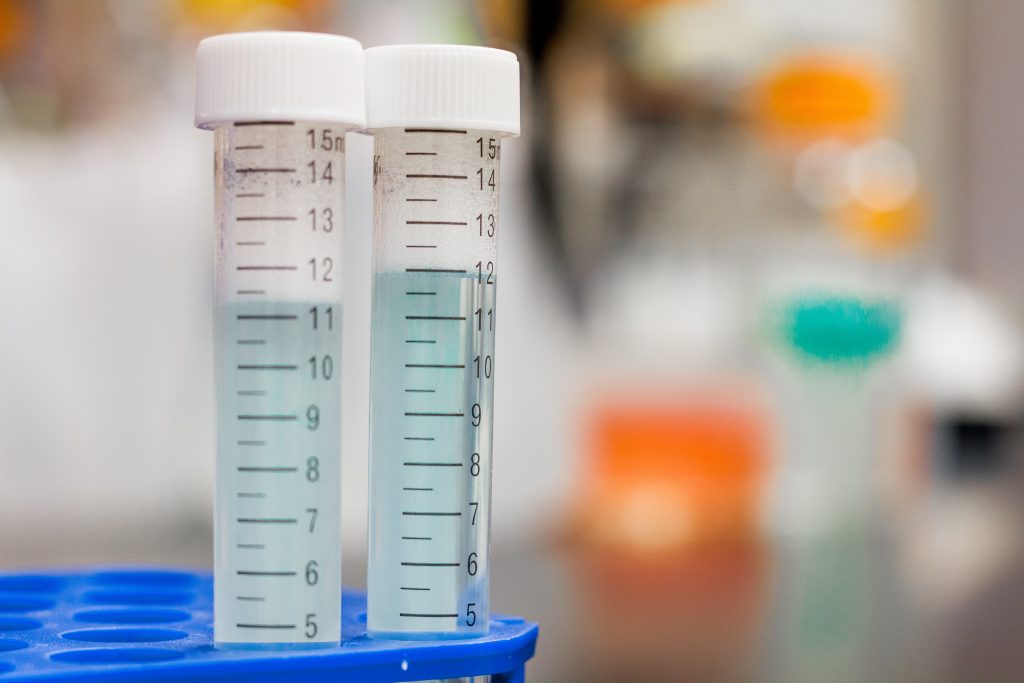A digital marketing strategy is the path to profitability. Optimum7 can help you set the right goals, offer and implement creative and technical strategies, and use data and analytics to review and improve your business’s performance.
More and more biotechnology and life sciences companies are advertising to targeted audiences on websites like Facebook, Google, and Bing and for good reason. If you’re a biotech company without a strong digital presence, you are falling behind. In fact, experts predict digital ad spend by biotechnology companies will reach $3.2 Billion by 2020. With PPC for biotech companies, you can advertise on some of the most popular websites in the world, generate qualified leads, improve online sales, and grow brand awareness on a national or global scale.
Google Ads, Facebook Ads, Bing Ads, and other PPC platforms can be profitable, but not without careful setup, strategy, monitoring, and optimization.
Without all of the above, you can easily waste thousands of dollars on ad spend that doesn’t yield results. You may have a good product or service, but do you have an attractive ad? You may have an ad that looks great, but how is your audience targeting? Are you properly tracking and attributing your online sales from paid search campaigns? Once your audience clicks your ad, are they entered into a marketing funnel were that lead is nurtured before making a sale? How is your conversion optimization?
These are just a few of the road blocks Biotech companies face when trying to add PPC advertising to their digital strategy. On this page, we’ll unpack what exactly PPC is and tips for setting up and improving your PPC campaigns.
Optimum7’s in-house team of PPC experts, graphic designers, developers, and content creators have been helping businesses create profitable Pay-per-click campaigns for over 13 years.
Some of the PPC services we offer include:
…and more. Not sure whether or not PPC is the right direction to go? Contact us and we’ll be happy to listen to your needs and goals and let you know if you’re on the right path.
Speak to an Expert What is PPC Advertising?
What is PPC Advertising?PPC, short for Pay-Per-Click, is an internet marketing strategy by which businesses create targeted ads and pay websites to host them on a per-click basis. With PPC, you can have your ads displayed on some of the most popular websites in the world, such as Google, Facebook, YouTube, and others.
Depending on the platform, you can target your audience through a number of segments. On search engines, you can target your audience by what search terms they’re looking for, where they’re located, time of day, and another number of metrics. On social media sites, targeting gets even more advanced, as you can create custom audiences based on hobbies, interests, age, gender, region, even by life events such as recently getting married.
The ability to create highly targeted, trackable advertising campaigns is what separates PPC apart from from traditional forms of advertising. With PPC, you know exactly how many people viewed your ad, for how long, and whether that click turned into an actual sale or booking. With this knowledge, you can tweak and tinker with your campaigns in order to lower your cost-per-click and achieve maximum ROI.
Google is the worlds’ most visited website and often the first place people go when conducting research on a business or product.
With Google Ads, you can target users who are searching for keywords that are relevant to your business and have your website displayed at the top of the search results page. By targeting an audience that has already shown interest in your business offerings through their search activity, you can have a steady incoming stream of traffic from a qualified audience.
Facebook is well known for having some of the best audience targeting technologies of any PPC platform.
With Facebook ads, you can target your audience based on their occupation, interests, age, location, and dozens of other factors. With Facebook Pixel installed on your site, you can even target users who previously visited your site and recapture and lost leads.
PPC is not as easy as “set and forget”. Without a properly structure lead management funnel in place, you risk wasting thousands of dollars of your marketing budget on PPC campaigns that won’t translate into real profits for your business. By hiring an expert Biotech PPC agency like Optimum7, you get a business partner who knows the complexities and subtleties of creating PPC campaigns that generate desired results.
Why outsource your PPC advertising?
Average Increase in Website Traffic
+97%Average Increase in Conversion Rate
+52%Monthly Total Leads Generated
3,000+We become an indispensable resource for our clients to drive traffic and leads.

The best time to set up your Google Analytics, Facebook Pixel, and other tracking and analytics technologies is when you first make your website. The second best time is right now. Seriously, if you haven’t set up Google Analytics yet, stop reading this page and go do it right now.
Without proper tracking and conversion setup, you can’t make insights into your campaigns, traffic, audiences, etc. Data is everything when it comes to setting up PPC campaigns. Without it, you’ll be playing a guessing game when it comes to how your products and pages are converting.
Depending on what platform you’re planning on advertising on, you’ll have to set up different pixels and analytics technologies to track conversions. Google Ads uses Google Analytics, Facebook Ads uses the Facebook Pixel, LinkedIn advertising uses the LinkedIn Insight tag, etc.


Bid Optimization sounds complicated, but it’s actually quite simple. Bid optimization simply means lowering the bids for search terms that aren’t performing well and raising bids for terms that are converting and profiting.
Bid Optimization should be done frequently, but it is not something you should do all at once. Whenever making adjustments to your bids, do it little by little. For one thing, most PPC platforms don’t like it when you make enormous changes all at once and it may effect your CPC (cost per click) or Ad Score (the quality rating host sites give your ad).
In addition, you want to know just how a change effects your ad performance. Change too many variables at once, and you won’t know what factor had a positive or negative effect on your campaign.
Often when performing PPC in niche industries such as biotechnology and life sciences, your ad will display for search terms that are not relevant to your business or industry. Every irrelevant click costs you money, so make sure to add any search terms that don’t apply to you to your negative keyword list.
Just as we mentioned before, be cautious when adding to your negative keyword list and do so gradually. Too many negative keywords added at once can negatively impact your PPC campaigns.

A digital marketing strategy is the path to profitability. Optimum7 can help you set the right goals, offer and implement creative and technical strategies, and use data and analytics to review and improve your business’s performance.